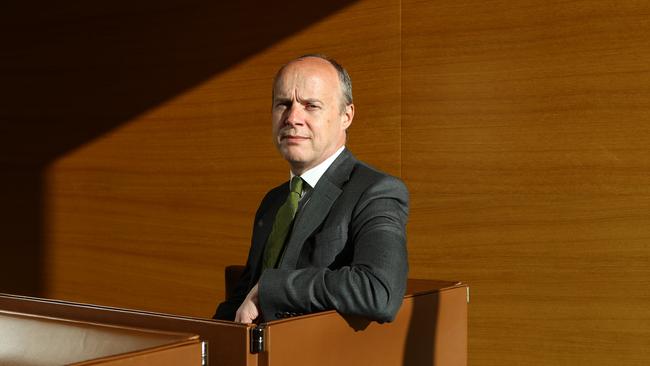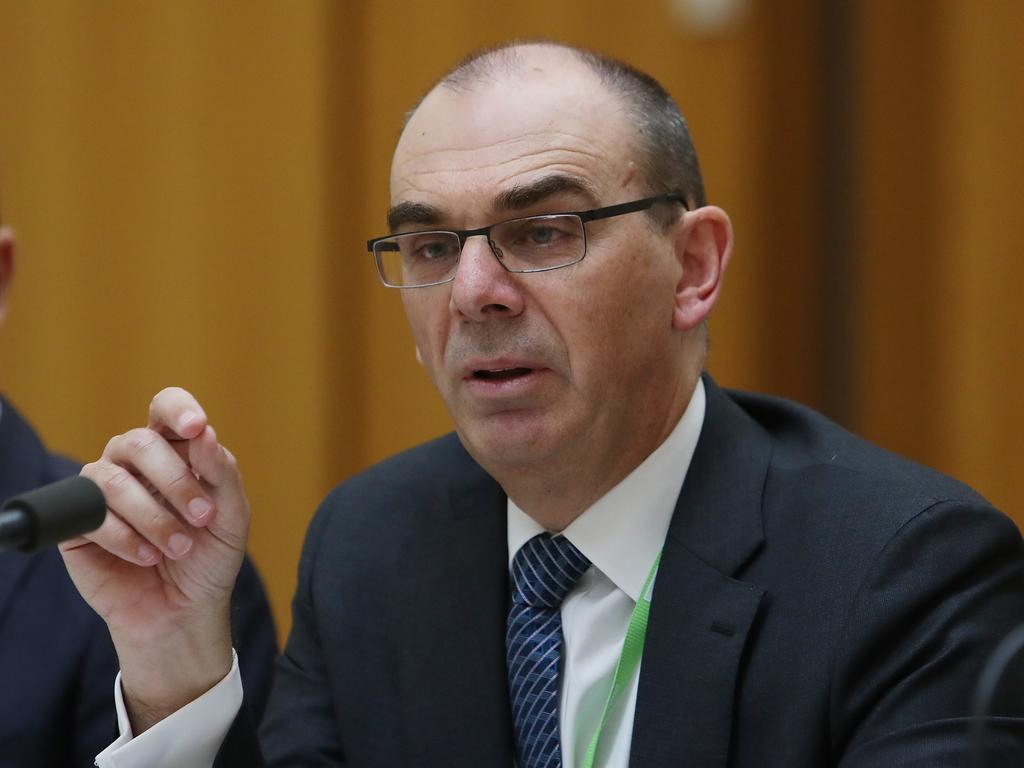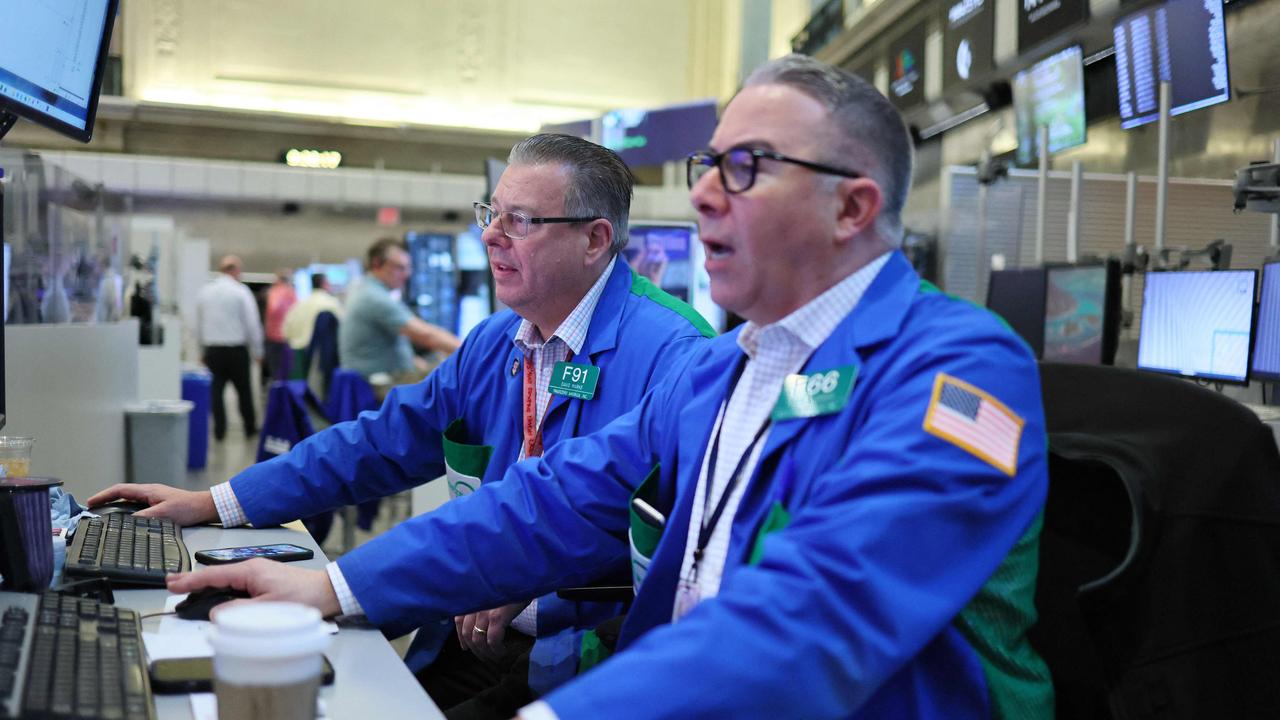Investors weigh risks of Democrat clean-sweep
There is a risk of higher capital gains and corporate tax rates if Democrats win control of the Senate.

Investors are embracing the prospect of a clean-sweep victory by Democrats, but what of the risks?
Apart from the risk of corporate earnings disappointing due to the economic slump, and the fact that shares have bounced strongly in response to unprecedented policy stimulus following the pandemic, investors may worry about the risk of higher capital gains and corporate tax rates if Democrats win control of the Senate, according to Citi’s chief global research strategist, Robert Buckland.
Speaking ahead of Citi’s annual Australian & New Zealand Investment Conference on Thursday, Buckland said those risks could offset some of the exuberance stemming from expectations of major fiscal stimulus under a Democrat victory, particularly the prospect of major spending on infrastructure — which could also happen if Trump stays in power.
“First, we’ve rallied pretty hard already, and second, let’s say that there is a clean sweep by the Democrats, the good thing that the market is thinking of at the moment is that it opens the way for fiscal packages,” Buckland said.
He said investors were lining up to buy European building materials stocks because of their exposures to the US market and the hope of massive infrastructure spending projects.
This also extends to Australian mining stocks which may become less reliant on China.
“That’s one reason why mining and building materials stocks are doing well,” Buckland said. “But two bad things for shares would be capital gains and corporate tax hikes.”
Donald Trump cut capital gains tax and corporation tax from 35 per cent to 21 per cent in 2018, giving a huge tailwind for the US stockmarket and also for many Australian companies with US operations.
“Now there’s a threat that some of that may be reversed — not all of it — but there’s talk that maybe half of it will be reversed, so back up to 28 per cent or so,” he said. “That’s one thing that would undoubtedly be unhelpful for the US sharemarket.”
Mindful of the huge wealth disparity that has emerged, a Democrat administration would be expected to narrow the gap and an obvious way to do so would be via capital gains tax.
“One of the things that investors may worry about is that you will get kind of a burst of selling to lock in the lower capital gains rate before they hike it,” said Buckland.
Big tech threat
A Democrat administration putting the squeeze on big tech companies over a lack of competition is another potential risk for investors, but Buckland said it’s “easier said than done”.
“Picking up capital gains and hiking corporation tax — I’m not saying they’re simple to get through Congress — but they’re simple to do. Regulating big tech is much more complicated.”
Through 2019 until the COVID crisis he told people to stay bullish because while there was a lot of scepticism about the bull market’s durability his “bear market checklist” wasn’t ringing alarm bells.
Now, he said, people had “all been stunned by the recovery in markets”.
“One of the reasons why markets were able to recover — of course with enormous help from central banks — was because people weren’t especially bullish in the first place,” Buckland said.
“One of the things I try to get across is that, if this is only down to central banks cutting rates and buying assets, central banks always cut rates in a bear market. Whether it becomes a (sustained) bear market or not depends on whether that turns things around.
“In 2007-08, they slashed rates — it didn’t stop the market going down 60 per cent and staying down over two years. In 2000, they cut rates and it didn’t stop the market going down over three years. This time they’ve cut rates and it has stopped the market going down.
“That’s more a function of how bubbly markets were beforehand.
“You didn’t have vast amounts of capital to rip out of the market and the Fed trying to persuade it to stay in.”
His bear market checklist has 18 factors that normally get “whipped up” at the top of a bull market. But whereas 17 of those factors turned red in 2000 and 2007, in February this year it only gave a score of 5.5 out of 18.
“I should have taken more notice of it, to be brutally honest, but that bear market checklist was always telling us to buy the dip,” Buckland said.
He expected a 6-7 per cent return from global equities to mid-2021, a decent outcome considering the MSCI All Country World index has bounced 55 per cent since the March low.






